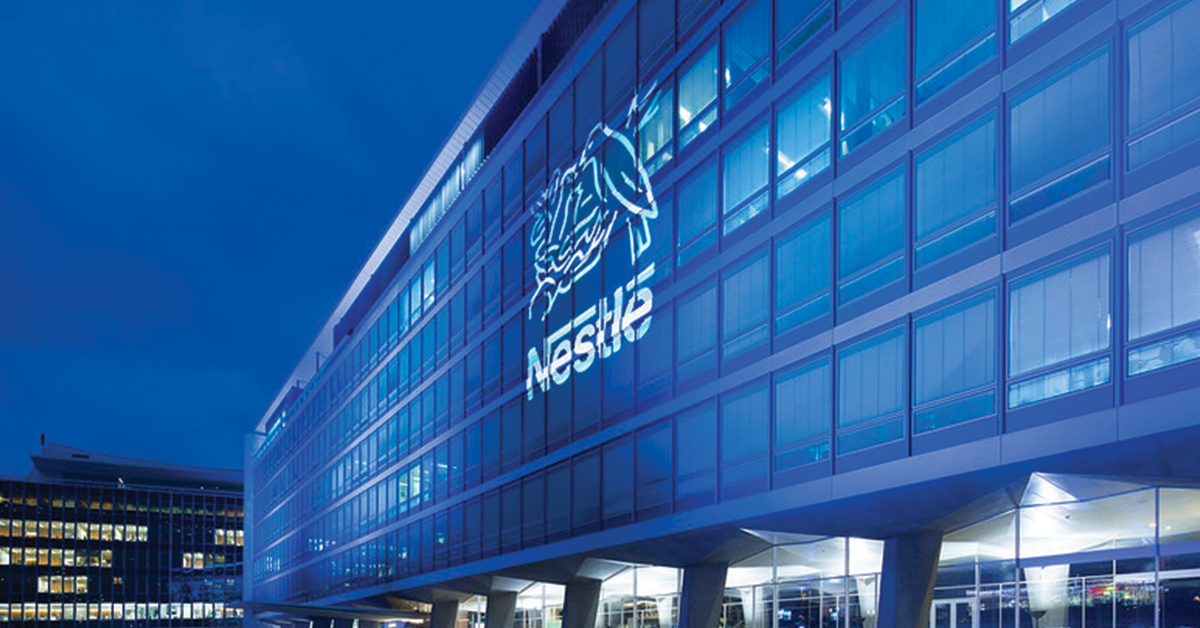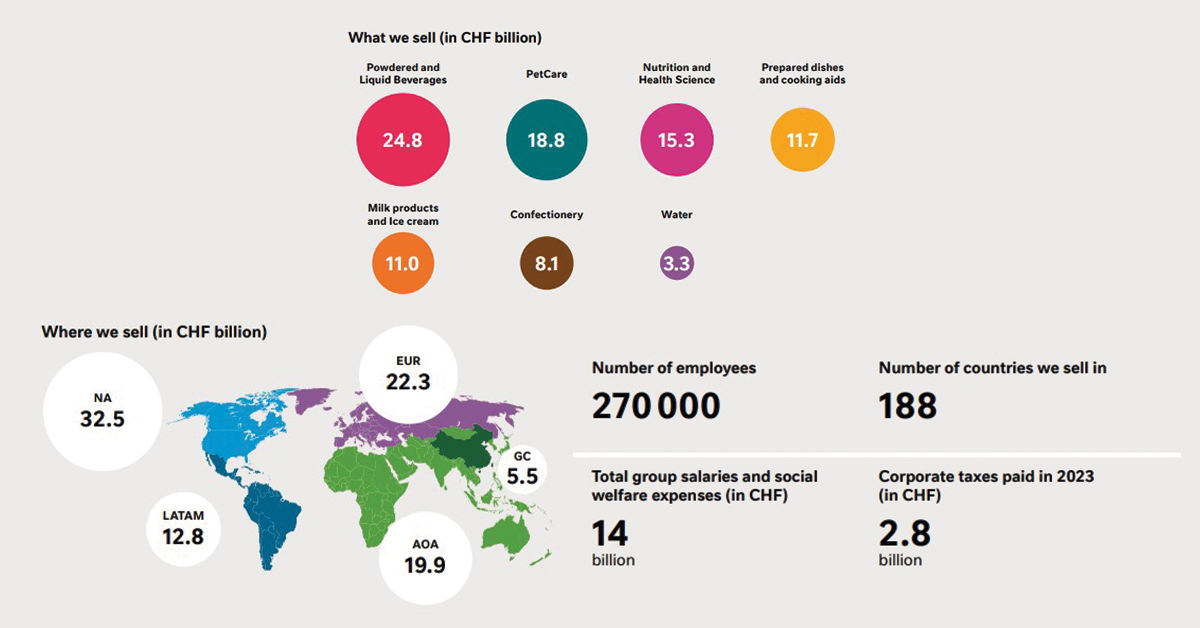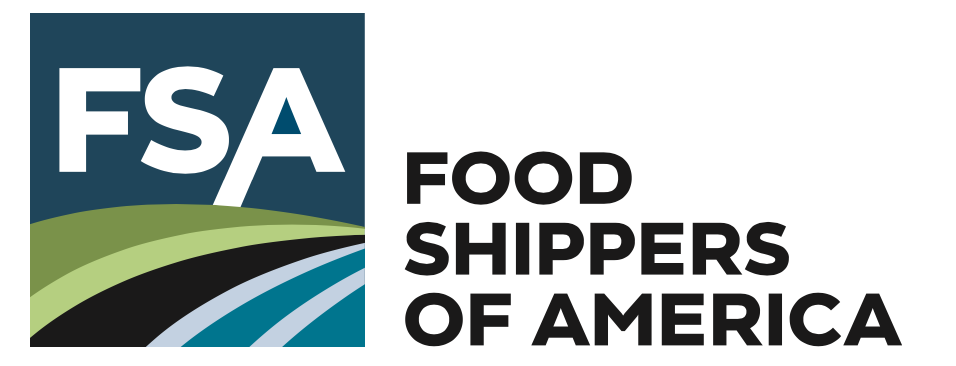Nestlé Initiatives to Decarbonize Cocoa Supply Chain
by Staff, on Apr 8, 2024 12:13:24 PM

The global food manufacturer and member of the Food Shippers of America (FSA) said its new projects aim to reduce and remove over 500,000 metric tons of carbon over a 20-year period.
Nestlé recently successfully achieved a net reduction of 13.5% of its greenhouse gas (GHG) emissions in 2023 compared to its 2018 baseline, while continuing to grow its business over the same period. This included delivering a reduction of more than 15.3% in methane emissions. The company has successfully decoupled its growth from its emissions and is on track to reach a 20% absolute reduction of GHG emissions by 2025.
These significant reductions in GHG emissions come from programs and initiatives implemented across all three scopes of activities (scope 1, 2 and 3). In 2023, 94% of the decline of Nestlé's GHG emissions came from reductions in its operations and supply chain.
 Nestle applies its expertise in nutrition, health and wellness to help people and pets live happier, healthier lives. The company does this alongside ambitious sustainability goals to generate significant value for our shareholders and other stakeholders alike.
Nestle applies its expertise in nutrition, health and wellness to help people and pets live happier, healthier lives. The company does this alongside ambitious sustainability goals to generate significant value for our shareholders and other stakeholders alike.
Where Does Nestle Go From Here?
Nestlé recently announced it is launching aimed at reducing and removing carbon emissions from its cocoa supply chains. The initiative, announced in mid-March 2024, builds on the food company’s commitment to reach net-zero status by 2050.
The global food and beverage company recently said it would develop new initiatives in conjunction with suppliers Cargill and Export Trading Group’s Beyond Beans over the course of five years. The projects seek to address climate change’s impact in the cocoa industry by promoting agroforestry, accelerating the shift to regenerative agriculture, and supporting the reforestation of deteriorated land around cocoa farming communities.
Collectively, the projects aim to plant over two million shade trees on land managed by close to 20,000 farmers in Ghana and Côte d'Ivoire. Together, the projects are estimated to deliver a reduction and removal of over 500,000 metric tonnes of carbon over a 20-year period.
 "These projects are important milestones on our journey to net zero. We're working to address our emissions all the way to the farms we source from," says Darrell High, Global Cocoa Manager at Nestlé. "Long-lasting forest protection can only happen when collaborating with fully committed suppliers, just like Cargill and ETG/Beyond Beans. We also depend on the participation of local communities, who have an impact on the forests and can help find land-use solutions that are best suited for the local reality."
"These projects are important milestones on our journey to net zero. We're working to address our emissions all the way to the farms we source from," says Darrell High, Global Cocoa Manager at Nestlé. "Long-lasting forest protection can only happen when collaborating with fully committed suppliers, just like Cargill and ETG/Beyond Beans. We also depend on the participation of local communities, who have an impact on the forests and can help find land-use solutions that are best suited for the local reality."
Close collaboration with local communities is a key aspect of the projects. Their involvement includes selecting community-owned fallow land for reforestation work and starting with the establishment of tree nurseries. These nurseries produce and grow seedlings for later transplantation on-farm. Participating farmers will sign up on a voluntary basis and should already be part of the Nestlé Cocoa Plan.
The survival rate of the trees is also an important success factor. Farmers will receive an incentive payment when they plant the tree seedlings and care for them during the critical initial years. Regular farm visits will also be performed to monitor and provide advice and technical assistance where needed.
 "We are proud to partner with Nestlé on this ground-breaking carbon reduction project that transitions away from business as usual," says Remi van Balen, Programme Manager Agroforestry and Environment, ETG/Beyond Beans. "Our project design has a holistic landscape approach which goes beyond cocoa plots and involves the whole community in reforestation initiatives. These initiatives not only create job opportunities but are also connecting, restoring and protecting valuable community forests."
"We are proud to partner with Nestlé on this ground-breaking carbon reduction project that transitions away from business as usual," says Remi van Balen, Programme Manager Agroforestry and Environment, ETG/Beyond Beans. "Our project design has a holistic landscape approach which goes beyond cocoa plots and involves the whole community in reforestation initiatives. These initiatives not only create job opportunities but are also connecting, restoring and protecting valuable community forests."
 "This initiative can really make a difference," says Ursule Gatta, Cargill Partnership Officer Ivory Coast. "Our ambition is to scale up the project to cover 18 cooperatives over five years, aligned with the Nestlé Income Accelerator program. We are very proud to be a part of this."
"This initiative can really make a difference," says Ursule Gatta, Cargill Partnership Officer Ivory Coast. "Our ambition is to scale up the project to cover 18 cooperatives over five years, aligned with the Nestlé Income Accelerator program. We are very proud to be a part of this."
Both ETG/Beyond Beans and Cargill also support the implementation of Nestlé's Income Accelerator Program.
The company said it would distribute various multi-purpose species of shade trees to farmers, who will be taught tree planting and pruning techniques. Nestlé said introducing shade trees will help reduce the harsh effects of the sun and provide cocoa crops with spaces rich in moisture, enabling them to survive during the dry season. The shade trees will also help improve water management and enhance biodiversity on the farms, in addition to absorbing carbon dioxide from the atmosphere, according to the company.
Nestlé — which houses over 2,000 brand names under its umbrella — owns several chocolate and confectionery, drinks and ice cream labels that utilize cocoa, including KitKat, Smarties, Milo, Nesquik and Häagen-Dazs. The food company also is one of the largest corporate cocoa consumers in the world, buying around 414,000 tons of cocoa annually for its products. The beans, in addition to processed cocoa, come from major cocoa exporters such as Brazil, Ecuador, Venezuela, Mexico and Indonesia, as well as Ghana and Côte d’Ivoire, where Nestlé plans on initiating its shade trees project.
“These projects are important milestones on our journey to net zero,” says Darrell High, Nestlé’s Global Cocoa Manager. “We’re working to address our emissions all the way to the farms we source from.”
High said long-term forest protection is only possible through collaboration with “fully committed suppliers,” but that the process also relies on participation from local communities who “have an impact on the forests and can help find land-use solutions that are best suited for the local reality.”
Ursule Gatta, Cargill’s partnership officer overseeing the Ivory Coast, said the company will collaborate with Nestlé to scale up the project to cover 18 cooperatives over the course of five years.
Nestlé’s carbon monitoring and verification program will track both the number of trees planted and the corresponding tons of carbon dioxide sequestered, which the company said will help guarantee verifiable and permanent carbon removals within its supply chain. The monitoring system will also keep track of the effectiveness and efficiency of reforestation initiatives and projects undertaken to restore the surrounding natural landscape.
A Robust Carbon Monitoring and Accounting Framework
Monitoring and verification is critical for ensuring long-term success. Each project is set up with a monitoring plan that covers the project's lifetime. Those plans will track both the number of trees and the corresponding tonnes of carbon dioxide sequestered. This will help ensure verifiable and permanent carbon removals within Nestlé's supply chain. Non-carbon benefits generated from the projects, such as the impact, appropriateness, effectiveness and efficiency of reforestation and natural landscape restoration initiatives, will also be monitored. High-resolution images from satellite monitoring will be used to help ensure that the trees planted continue to thrive over the long term.
Forests can absorb approximately 2.6 billion tonnes of carbon dioxide every year. This is the equivalent to one third of the CO2 released from burning fossil fuels. More than two-thirds of Nestlé's GHG emissions come from sourcing its ingredients, Nestlé has committed to planting and growing 200 million trees in the regions it sources from globally by 2030. On the road to net zero by 2050, Nestlé aims to reduce its absolute greenhouse gas (GHG) emissions by 20% versus its 2018 baseline by 2025 and by 50% by 2030. In 2023, the company achieved a 13.58% net reduction in emissions.
Related Articles:
- Nestlé: Food Chain Snapshot
- Green Logistics and the Food Chain
- Resources to Build a Sustainable Food Chain
- PepsiCo: A Closer Look at ESG Supply Chain Priorities
- Decarbonize Trucking Today with RNG
- Cargill Chartered Ship Tests Wind Power at Sea
- Food Shippers Exploring Use of Electric Class 8 Trucks
Like this kind of content? Subscribe to our "Food For Thought" eNewsletter!
Now more than ever, professionals consume info on the go. Distributed twice monthly, our "Food For Thought" e-newsletter allows readers to stay informed about timely and relevant industry topics and FSA news whether they're in the office or on the road. Topics range from capacity, rates and supply chain disruption to multimodal transportation strategy, leveraging technology, and talent management and retention. Learn More



